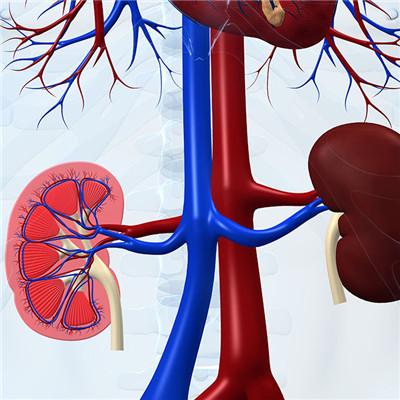Infectious hepatitis symptoms?
summary
Infectious canine hepatitis mainly occurs in puppies under one year old. Adult dogs rarely have latent infection, and can tolerate it even if it occurs. Sick dogs and infected dogs were the main sources of infection. The secretion and excretion of the sick dog contain virus. The recovered dog with virus can excrete virus from urine for a long time. The main infection of the disease is through the digestive tract, and placental infection is also possible. Respiratory type cases can be infected by respiratory tract. Ectoparasites can be vectors. The incidence of this disease is not obvious, and it is frequent in winter. The incidence rate and mortality of puppies are higher. Canine infectious hepatitis symptoms? Let's talk about it.
Infectious hepatitis symptoms?
The incubation period of dogs naturally infected with canine infectious hepatitis is about 7 days. The most acute cases died within hours after vomiting, abdominal pain and diarrhea. Acute cases have depression, chills, fear of cold, temperature rise about 40.5 ℃, loss of appetite, like to drink water, vomiting, diarrhea and other symptoms.
In subacute cases, symptoms were mild. In addition to the mild symptoms mentioned above, anemia, jaundice, pharyngitis, tonsillitis and lymphadenectasis can also be seen. The characteristic symptoms are corneal edema, opacity and corneal blueness in the eyes. Clinically, it is also called "blue eye disease".
The eyes are half closed, with tears, a large number of serous secretions flowing out. The corneal opacity is characterized by the expansion from the center of the cornea to the surrounding. Severe cases may lead to corneal perforation. In the convalescent period, the turbid cornea gradually subsided from all sides to the center. Most of the dogs with the turbid cornea subsided were self-healing, and jaundice in varying degrees could be seen in the mucosa.
matters needing attention
Treatment: in the early stage of the disease can be used to treat infectious hepatitis high immune serum has a certain role. Once there are obvious clinical symptoms, even if the use of large doses of high immune serum is difficult to have therapeutic effect. Blood transfusion therapy can be used to treat severe anemia. Symptomatic treatment, intravenous glucose, rehydration and adenosine triphosphate, coenzyme A has a certain effect on the recovery of the disease. Systemic application of antibiotics and sulfonamides can prevent secondary infection. Dogs with keratitis can be treated with 0.5% lidocaine and chloramphenicol eye drops alternately.













